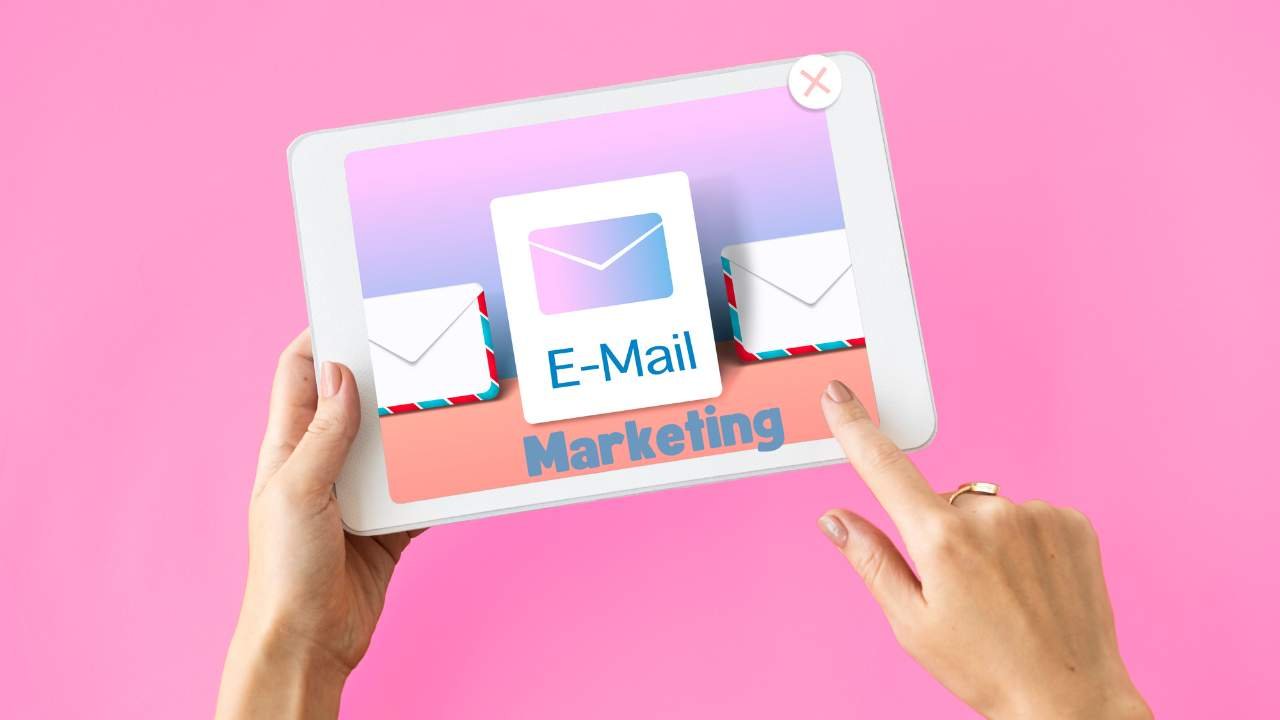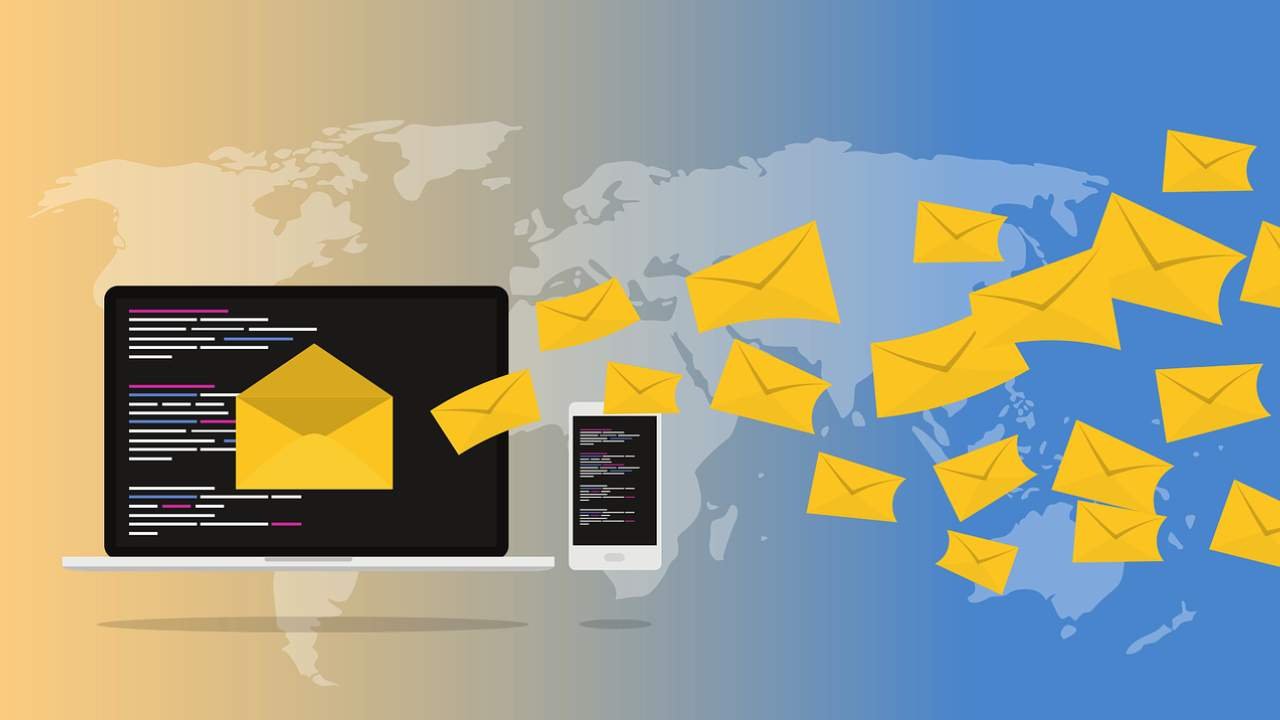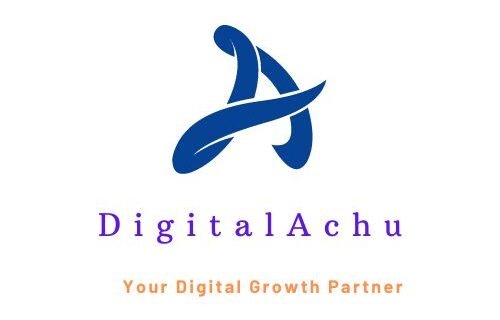Email Maketing

Introduction
Email marketing has transformed how businesses communicate with their audiences, changing the way businesses can reach and connect with subscribers. Email marketing enables businesses to precisely target subscribers’ preferences and behaviors with messages tailored specifically for each subscriber’s inbox.
Email marketing is an efficient and versatile method of engaging audiences at different stages of the customer journey, offering transactional emails and newsletters to reach them. Email marketing provides numerous benefits ranging from tangible results, reduced costs, personalized communication with existing and potential clients and increasing brand loyalty through personalized communication channels.
Email marketing has become an essential element of modern marketing strategies, especially those serving businesses of all sizes. Businesses of any kind can reach their marketing goals more precisely and efficiently through email’s power and reach.
what is Email Marketing

Email marketing is an incredibly strategic and highly effective digital marketing tactic, enabling businesses to directly interact with their target audiences through the medium of email. Email marketing entails sending targeted commercial messages directly to specific individuals with the aim of developing relationships, driving conversions, and building brand loyalty.
Email marketing stands out from traditional forms of promotion in that it can target individual subscribers more directly and precisely, tailoring messages specifically tailored towards their interests, preferences and behaviors of subscribers who have willingly subscribed. Businesses using email lists for this purpose can more effectively customize messages according to individual subscribers who opt in, creating targeted and tailored communications targeted toward achieving customers more efficiently than through other mediums such as broadcast radio or billboard ads.
Email marketing allows marketers to convey various messages that meet various marketing objectives. Promotional emails offer products or special offers to draw recipients in; ads within emails serve to draw attention and spark curiosity about specific offerings; newsletters provide subscribers with informative industry insights and updates, further cementing themselves as trusted sources of knowledge; while transactional emails such as order confirmations and shipping notifications serve a functional purpose while offering opportunities for further engagement.
Email marketing’s power lies in its direct, intimate nature. By landing directly in recipients’ inboxes, email messages have the power to grab attention and trigger responses. In addition, personalized content based on subscriber data enables businesses to form deeper relationships with their audience and increase chances of engagement and conversion.
Email marketing can be an indispensable asset to digital marketers. It provides unmatched reach, pinpoint targeting and quantifiable results when implemented intelligently and strategically; email campaigns have the power to achieve significant returns while propelling businesses toward their marketing objectives more efficiently and effectively than other forms of digital advertising.
Types of Email Marketing

Email marketing encompasses various strategies and approaches, each designed to achieve specific business goals while effectively engaging audiences. Below is an in-depth look at some of the primary types of email marketing as well as their unique uses:
1. Promotional Emails
Promotional emails are one of the most frequently used email marketing techniques, intended to promote products or services offered by a business to an intended target audience. Their goal is to drive sales, increase traffic and create excitement about what the business offers.
Key Features of Our Products or Services: Incentives & Offers: Showcasing sales, special discounts and limited time offers; Product Announcements: Announcing new products or services that we are now providing to the market.
Event Invitations: Informing recipients about upcoming events, webinars or workshops with clear Call-to-Actions (CTAs). CTAs should encourage recipients to take immediate actions such as making purchases or visiting websites immediately.
2. Transactional Emails
Transactional emails are generated as the result of specific actions taken by users and, unlike promotional ones, can often be expected by their recipients.
Key Features of Purchase Management Software (PPM): Order Confirmations is sent following any purchase and provides details of its summary. Shipping Notifications notify customers about the status of their packages while Password Resets assist users with changing or resetting passwords safely.
Account Notifications: Transactional emails that inform users about changes to their user accounts, such as updates to personal data or subscription renewals, are essential in upholding customer trust and satisfaction by quickly providing needed information in an efficient manner.
3. Newsletter Emails
Newsletter emails have long been an integral component of email marketing, offering subscribers a convenient way to stay informed and engaged with relevant information on an ongoing basis. They typically contain valuable updates, insights and industry news in addition to offering great content!
Key Features: Securing Regular Updates by sending weekly, bi-weekly, or monthly emails to subscribers; curating Content by sharing articles and blog posts related to relevant subjects; notifying Subscribers about Company Achievements such as Hires or Operations Changes and Informing Subscribers about Company News such as accomplishments made, changes implemented by business etc.
Educational Material: Newsletters can provide educational tips and insights relating to industry news. By consistently offering value to their audience and keeping them aware of your brand, newsletters help build and nurture strong relationships.
4. Welcome Emails
Welcome emails should be used to introduce the brand and set the stage for future communications with new subscribers, setting a positive first impression and inspiring further engagement.
Key Features of Digital Publishing Services:
An Overview of the Company, Its Mission and Values and An Outline of Expectations for Subscribers which Provide information to them about what type of content will be published when.
Personalized Greetings: Tailoring greetings specifically to each subscriber’s name for an intimate experience.
Incentives: Offering discounts or free resources as an immediate incentive can strengthen subscriber engagement right from the beginning. A well-crafted welcome email can significantly increase subscriber engagement and loyalty from day one.
5. Lead Nurturing Emails
Lead nurturing emails are designed to assist potential customers through the sales funnel by providing useful information at each stage of their buying journey. Their aim is to convert leads into customers by meeting their needs and alleviating concerns.
Key Features of Education-Driven Brand Marketing Strategies (ECTBs) for B2B include Educational Content: Offering educational material to help prospects better comprehend your product or service.
Case Studies and Testimonials: Sharing success stories and customer testimonials that build trust. Product Demos: Offering free trials, demos or webinars as opportunities to demonstrate its worth.
Follow-Up Sequences: Automating follow-up sequences that gradually build the lead’s interest and likelihood to purchase, by sending customized emails that correspond with their progress through the sales funnel. Lead nurturing emails ensure communication is tailored precisely and timely with relevant offers being presented when appropriate.
6 .Re-engagement Emails
Re-engagement emails are sent out to inactive subscribers in an effort to revive their interest in your brand and maintain an engaged subscriber list. This type of communication can be vital to keeping subscribes active.
Key Features:
personnalise Content: Directing messages directly at each subscriber by name and acknowledging their inactivity. Special Offers: Giving exclusive discounts or offers as incentives for re-engagement. Feedback Requests: Seeking feedback on why the subscriber has become inactive, what needs improvement, etc.
Reminders: Reminding subscribers about the benefits of the product or service and encouraging them to return.
Re-engagement emails help reactivate dormant subscribers, improving overall campaign performance and ROI.
Conclusion Email marketing serves a distinct function and covers various parts of the customer journey, from driving immediate sales with promotional emails to nurturing long-term relationships through newsletters and reengaging inactive subscribers, making email an indispensable asset for businesses. By understanding and effectively employing various types of emails, businesses can improve communication strategies, boost engagement rates and reach marketing goals more efficiently.
Benefits of Email Marketing

Marketing through email offers many benefits and is a crucial element of modern strategies for digital marketing. Here are the top advantages which make marketing via email a vital business asset:
1. Email Marketing is a great way to earn a high return on investment
It is consistently among the best returns from investments across different marketing channels, due to its efficiency in cost and direct reach capabilities. Businesses can make the most of their investment without requiring a large financial commitment and generate significant revenue at a minimal cost.
2. Targeted Communications
One of the major benefits of email marketing is the ability to target precisely messages to precisely target. By creating segments of email lists based on the preferences of subscribers, their behaviors, and demographics, companies are able to create highly targeted emails that are resonant with particular group of people – increasing their the rate of engagement and conversion while pushing more engagement and higher conversion rates.
3. Personalization
Email marketing can provide businesses with an abundance of personalization possibilities. Companies can tailor their messages directly to specific subscribers, addressing them by name and tailoring messages that reflect their preferences or previous interactions. This builds more trust and raises the level of engagement among readers.
4. Measurable Results
Marketing via email offers companies an easy way to measure the results of their efforts using metrics like open rates, click-through rate and conversion rates giving precise indicators of campaign performance. Companies can utilize these metrics to make data-driven choices to improve future campaigns to achieve more effective results.
5. Cost-Effective
When compared to traditional marketing strategies the use of email marketing is economical. There is no charges for postage or printing, and many email platforms provide affordable pricing plans that allow email marketing for businesses of all sizes.
6. Automation
Email marketing platforms enable companies to automatize workflows which allows for relevant and timely messages, without any manual intervention. Automated emails, such as welcome sequences, abandoned cart reminders aid in maintaining regular engagement with customers.
Marketing via email provides businesses with the opportunity to keep their brand recognition and increase customer loyalty among their subscribers, assisting to improve the brand’s reputation and turn customers to loyal customers. By consistently delivering relevant content that enhances relationships between subscribers and the business, as well as increasing the recognition of their brand through emails, companies can create long-term results for their business as well as their customers.
The high ROI of email marketing, its returns on investment (ROI) and targeted communications and personalization capabilities, as well as its efficiency, and automation capabilities as well as its the ability to boost the recognition of brands make it an essential instrument for businesses seeking to improve the effectiveness of their strategies for marketing and speed up growth.
Email Marketing Tools
Tools for email marketing campaigns are crucial in running efficient campaigns, providing tools that simplify processes and boost results. Below are the best tools:
1. Mailchimp
Mailchimp is an established email marketing platform known for its intuitive design and robust features. Its flexible platform is well suited to meeting all business needs from automation analysis, analytics and A/B testing through to automation analysis, analysis and A/B testing.
2. Constant Contact
Constant Contact offers a range of marketing services for email and social media marketing campaigns as well as eCommerce solutions, with its signature drag-and-drop editor making use easy for businesses looking for professional email messages quickly. It boasts an impressive library of templates to quickly create professional email messages quickly.
HubSpot is an industry leader when it comes to marketing services, offering sales, marketing, and customer service software solutions. HubSpot’s marketing email integration with its CRM allows for highly targeted email campaigns ideal for marketing inbound strategies.
4. Sendinblue
Sendinblue is well-renowned for its marketing and email automation features, such as transactional emails with SMS marketing capabilities as well as comprehensive reports that help companies manage all of their marketing initiatives in one central place.
5. ConvertKit
ConvertKit was built specifically for creators – YouTubers, bloggers, podcasters – with its extensive email marketing platform and tools designed specifically to help creators grow their following and make money off targeted campaigns.
Email Marketing Tools provided by companies allow them to efficiently and effectively create email marketing campaigns, each one featuring specific advantages that meet specific marketing requirements.
Conclusion
In conclusion email marketing is the epitomizes fundamentals of digital marketing, that is a perfect example of its fundamental concepts of targeted communication with personalization and quantifiable outcomes. As companies navigate the complicated world of online marketing the email marketing industry stands out as a signpost of efficiency and trustworthiness.
To ensure internet visibility and relevancy Search engines optimization (SEO) plays an essential role in ensuring that companies send out email messages that are not just entertaining but also searchable. Through including SEO best practices into their email marketing strategies businesses can boost their presence on results pages of search engines increasing organic traffic and increasing the effectiveness of their marketing campaigns.
In the end, email marketing is the synergy of traditional principles of marketing and digital methods. The ability to tailor messages to an audience that is targeted as well as the power of SEO to improve discoverability is a testament to its importance in the present digital age.
Businesses are constantly striving to remain ahead of the curve in a crowded market making email marketing the foundation in their online marketing strategy will result in tangible advantages. Utilizing the potential of email marketing and seamlessly integrating it with SEO techniques, businesses can boost the visibility of their websites, reach their target audience efficiently, and accomplish their marketing goals in a timely and efficient manner.

Pingback: 7 Powerful Ways Marketing Automation Transforms Your Business Growth
Pingback: 10 Powerful Reasons Why Viral Marketing Can Skyrocket Your Brand's Success
Pingback: 10 Proven Marketing Analytics Strategies to Skyrocket Your Business Growth